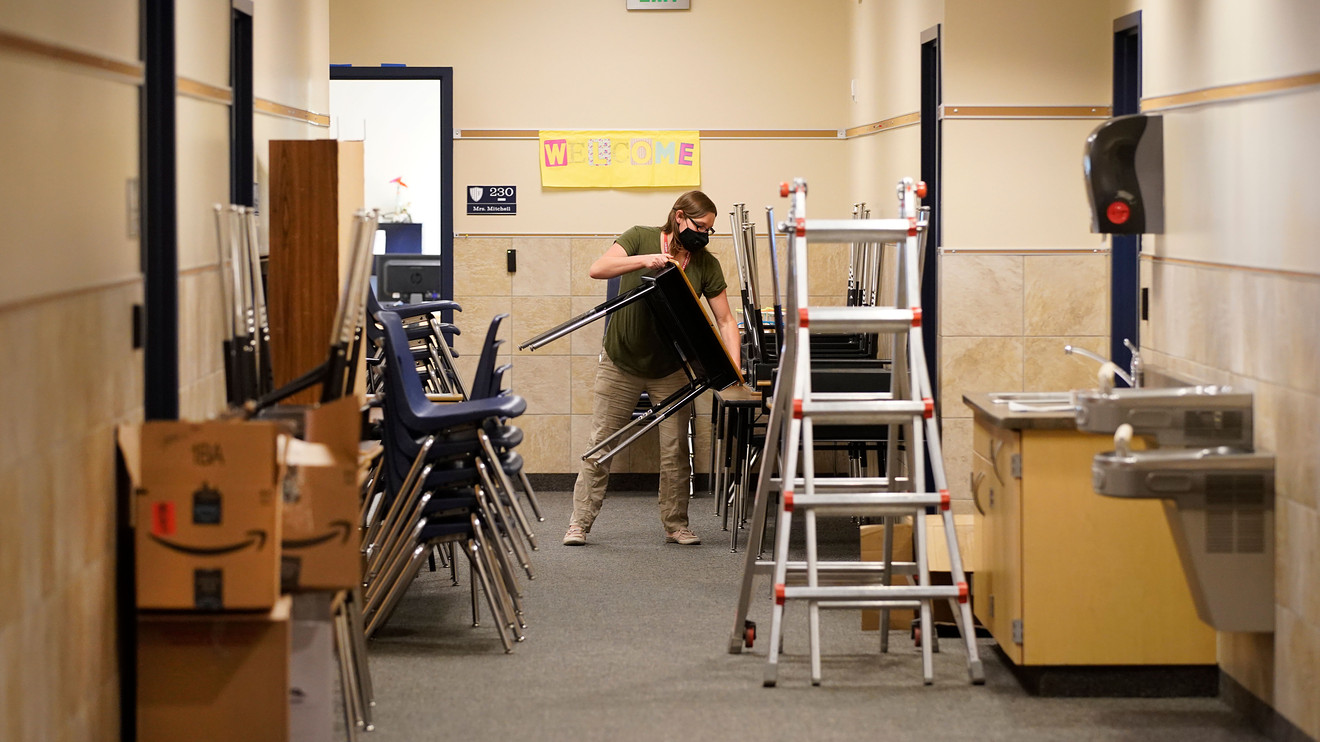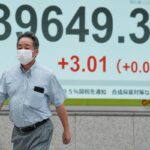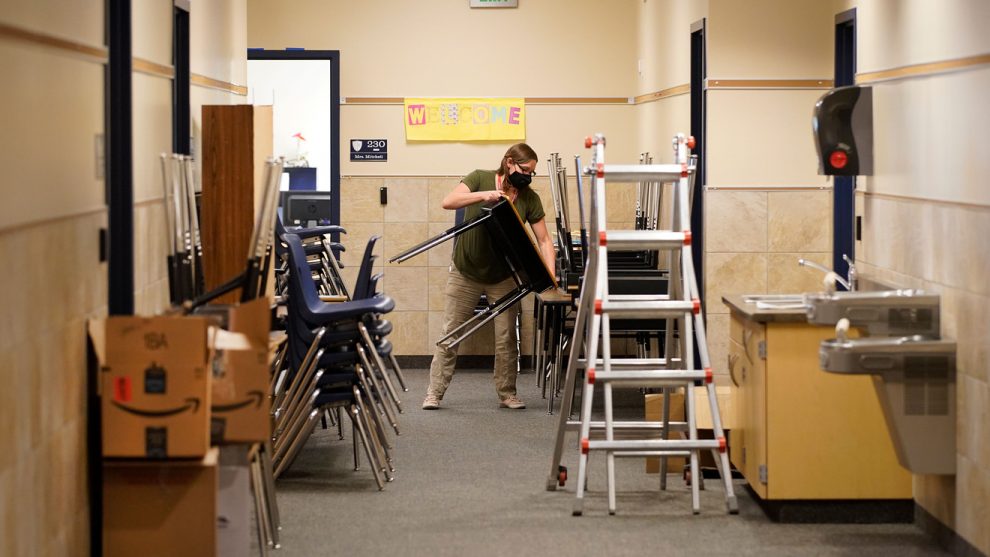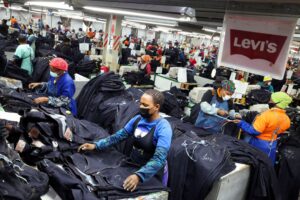
For parents wondering about the lasting consequences for kids hanging around the house while the coronavirus pandemic physically shut down their schools this spring, a new study has one guess — and it’s a troubling one.
Six months of school closure could result in an average 1% less earned ever year over a worker’s lifetime, according to new projections on COVID-19’s potential shock to a student’s education and future earning power.
That comes to an average $7,800 less, which workers could cumulatively miss out on due to missed schooling, according to estimates from economists at Goethe University Frankfurt and the University of Pennsylvania. That’s based off a 2018 real median personal income of $33,706, discounted with a 4% annual interest rate.
Missed school time could pinch younger kids’ future finances even more, researchers projected. It does not include those parents who may decide to hold their children back a year due to missing out on so much in-person schooling in 2020.
A six-year-old might potentially forgo $10,300 while a ten-year-old could miss out on $6,410 after they join labor market and stay there for approximately 45 years. This is because the effects of learning gaps could compound that much more for kids with longer paths to the job market, the authors said.
The newly-distributed study from the National Bureau of Economic Research comes as school systems start a year resembling none other.
Across the country, schools physically closed in March to slow the spread of coronavirus. As schools swung to remote learning, the physical closures may have saved the lives of more than 40,000 people, other researchers estimated in a July study published by JAMA.
The new study acknowledges it is only looking into one potential cost of school closure and not weighing any potential public-health benefits.
“School and child-care closures should be considered as potentially very costly measures to avoid the spread of [COVID-19]. However, we want to clearly acknowledge that we have not modelled the potential health benefits of these closures as this would require an explicit model that links disease transmission to school activity,” the authors said.
Proponents of virtual learning say a remote model is what’s still needed to fight the virus’ spread. The United States had 6.3 million cases as of Wednesday and 189,680 deaths, according to data aggregated by Johns Hopkins University. Worldwide, there are 27,590,978 confirmed reports of coronavirus.
Many urban districts for now are sticking with remote learning — to avoid a return to densely-packed schools — while many less-populated rural district are returning to in-person instruction, according to one survey. Schools in suburban areas are roughly split between in-person instruction, virtual classrooms and a blend of the two.
So how could missed school translate to earning power?
The researchers focus on the development of “human capital.” The term means “the accumulated stock of knowledge a child has at every age,” explained Professor Alexander Ludwig, the study’s co-author, who teaches at Goethe University. “If you know a lot in one period, you know a lot in the next period. It will be easier to learn. The more you know, the easier it is to learn more.”
But Ludwig said it works the other way too: a gap in learning can make the next step even harder.
The researchers devised their model on potential future earnings by looking at ongoing research into the amount of money and time parents at varying income levels — and school systems — pour into a child’s education and development.
They then looked into what could happen if they eliminated six months of schooling for children at various ages. In the paper’s model, “school closure” means no schooling at all, not virtual schooling.
“On average (across children aged 4 to 14 when the shock occurs), the model implies an increase in the future share of children without a high school degree of 3.8% and a reduction of the share of children with a college degree of 2.7% when both school closures and the economic recession is taken into account,” the study said.
The latest research adds to the growing pile of studies weighing the consequences of closed schools. Missing out on four months of school and college could cost the economy $2.5 trillion, or 12.7%, of the country’s annual gross domestic product, according to projections from the Brookings Institution.
Students returning to school this fall could come with about two-thirds of the gains in reading compared to a usual year and up to one half of their usual advances in math, said NWEA, an academic assessment organization.
Uneven consequences
Like so many other things in the pandemic, the poor will bear the largest brunt.
“Broadly speaking, children with poorer parents suffer more,” the study said. “First, even without any parental adjustments in investments, children from lower income households suffer more from the school closures, since for them a larger part of educational investment comes from the government. Second, as a reaction to the school closures, rich parents increase their investment into children by more than poor parents,” the researchers wrote.
Researchers don’t need to peer into the future to see it can be costly to supplement schooling with “teaching pods” and private teachers who can charge up to $100 an hour.
Richer families were less likely to keep their children away from in-school instruction this fall, according to a JAMA Pediatrics study last month. Twenty-one percent of parents making between $100,000 and $150,000 said they would keep their kids home, compared to 38% of parents making less than $50,000.









